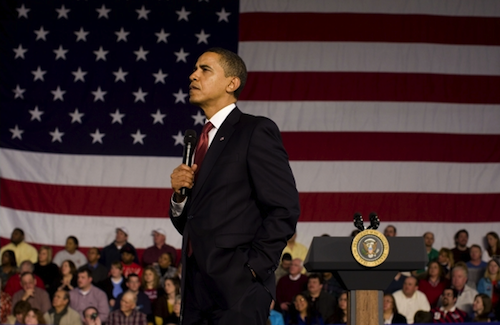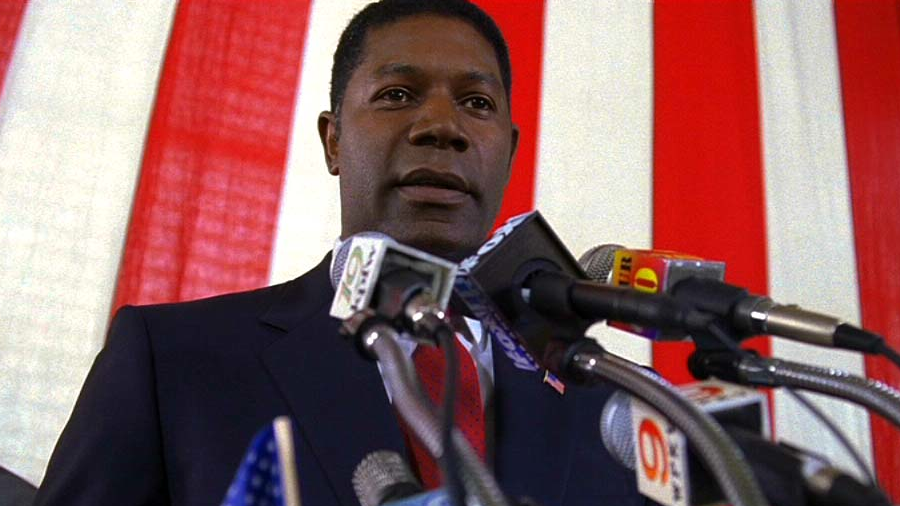It’s a question I’ve pondered for some time, and I’m inclined to answer affirmative. The subliminal cultural impact of television is too easily overlooked, although the New York Times took a politically charged look in March 26 story “For ‘24,’ Terror Fight (and Series) Nears End“. The Times’ perspective is different than one I present here, but worth noting for what’s there and what is not.
From the story:
On ’24,’ torture saves lives. On ’24,’ phones are tapped, plots are disrupted, terrorists are killed, and one man, Jack Bauer, will stop at nothing to protect the American people. For viewers, ’24’ is part sum of all fears, part wish fulfillment in an age of shadowy enemies…
The series enlivened the country’s political discourse in a way few others have, partly because it brought to life the ticking time-bomb threat that haunted the Cheney faction of the American government in the years after 9/11…The torture sequences were misleading…because they contributed to a “pervasive myth” that torture was effective…Officials have said that ’24’ and other shows influenced the behavior of interrogators at Guantánamo Bay and elsewhere.
Times writer Brian Stelter puts the TV show in context of supporting torture and some of the last White House administration’s agenda. I see the context as something else: Contributing, even if in some small subliminal way, to election of the current administration.
The Fox action series debuted in 2001 with African American US Senator David Palmer, played by Dennis Haysbert, running for President; he and Jack Bauer were intwined in an assassination plot (against them). According to Internet Movie Database, the David Palmer character appeared in 79 episodes—the majority as President—through Day 5 (2006), when he was, sadly, assassinated. D.B. Woodside later played David Palmer’s brother Wayne, who also served as US President on ’24’. He appeared in 48 episodes, according to IMDB, but not all as President.

In 2001, I would have said Americans wouldn’t elect an African American president during the decade and possibly the next. But that was before 9-11 shattered the American psyche and ’24’ debuted on TV. Perhaps I’m politically profiling, but many of the people I would predict watching ’24’ would seem unlikely to vote for a black President. Yet all ’24’ watchers saw two of African-American presidents during the series nine-year, eight-season run (’24’ didn’t run during the 2008 TV season because of the Hollywood writer’s strike).
Brian, the Times writer, puts ’24’s impact in tortured cultural and political context. I see the popular series helping prepare Americans for the possibility of an African-American President. Surely that softening of the American psyche helped Barack Obama in his hard run to the Oval Office.
I read the Times story on my Nexus One smartphone, over lunch, on March 27, the day after Fox cancelled ’24’. I would have blogged that day, but I had lots of other blogging responsibilities. A few episodes remain in the series. I’ll watch and wonder if the final season will help prepare America for its first woman president.
